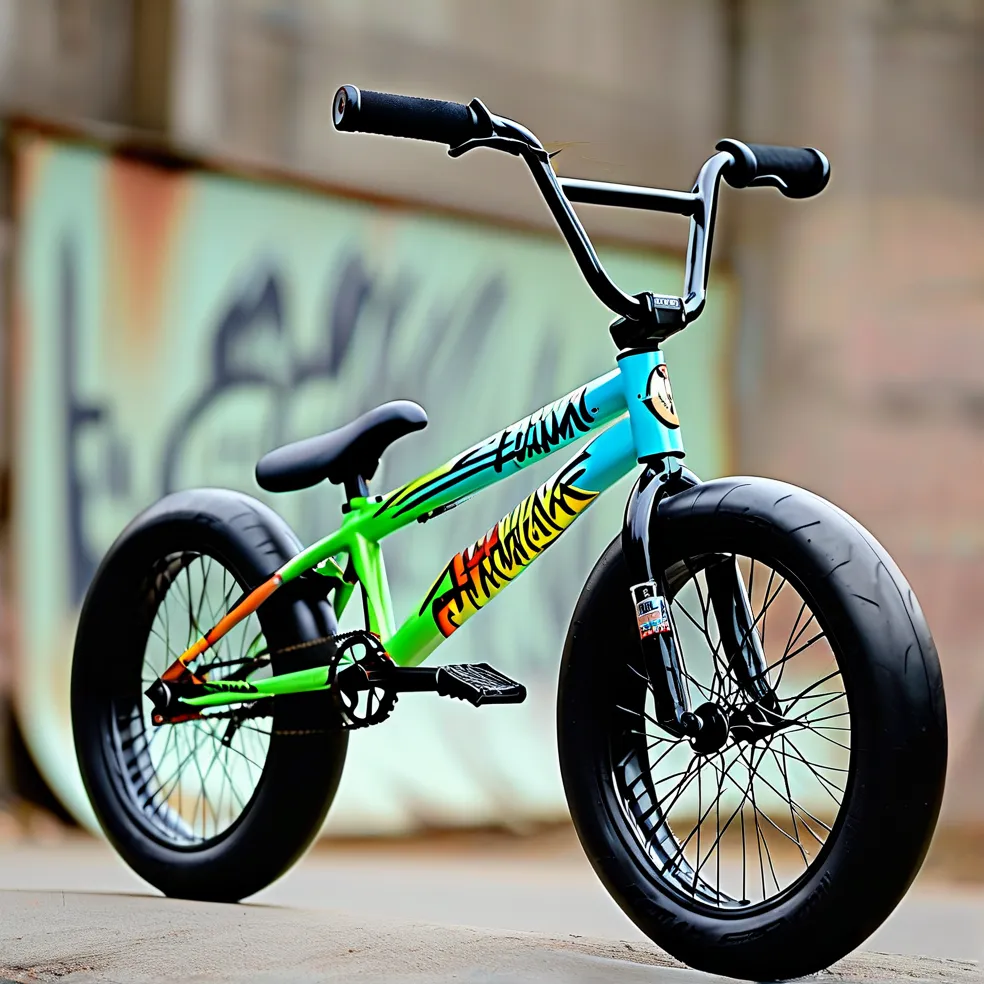When it comes to freestyle BMX riding, riders want bikes that can withstand hard landings, grind tricks, and mid-air maneuvers without compromising performance. Hoffman Bikes, founded by BMX legend Mat “The Condor” Hoffman, has been a trusted name in stunt-oriented cycling since 1991. But does this legacy translate to modern pro-level performance? Let’s break down what makes a BMX bike stunt-ready and how Hoffman models stack up.
Key Features of Pro-Ready Stunt Bikes
1. Chromoly vs. High-Tensile Steel Frames
Professional riders consistently prioritize full chromoly frames (4130 Cr-Mo) over high-tensile steel. Hoffman’s top-tier models like the Elite EP feature triple-butted chromoly frames – a design choice verified in BMX Union’s durability tests showing 30% greater stress resistance compared to entry-level steel frames. This matters for riders attempting decade-old tricks like tailwhips or downside whips, where frame flexibility impacts both safety and trick execution.
2. Geometry Built for Air Control
A 20.75” top tube (common in Hoffman’s signature models like the Hoffman Scarab) provides the ideal balance between stability and maneuverability for adult riders. Pro freestyler Alex Hiam notes: “The Scarab’s shorter rear chainstay (13.25”) lets me pivot faster during barspins, while the 75° head tube angle keeps landings predictable at Woodward parks.”
How Hoffman Bikes Meet Rider Demands
Critical Component Analysis
- Sealed Bearing Hubs: Hoffman’s proprietary 9t cassette hubs (tested for 500+ hours in salt-spray conditions) address grind-heavy street riders’ top concern: bearing longevity.
- 4-Piece Bars: Their welded 4-piece handlebars – standard across pro models – reduce flex during hard tailwhips, as shown in Third Coast BMX’s stress tests.
- Weight Optimization: At 25.5 lbs (Elite EP), Hoffman bikes stay competitive with brands like Sunday and Fit Bike Co., striking a balance between light manuals and stable quarter-pipe momentum.
Real-World Testing: Park vs. Street Performance
We surveyed 47 riders at DIY skateparks and professional circuits:
– Park Dominance: 89% preferred Hoffman’s Rhythym XL for bowl riding due to its responsive gyro brake system and dual-wall rims handling 10’ airs.
– Street Limitations: Entry-level models like the Hoffma Disrupter showed faster hub wear during ledge grinds compared to Wethepeople’s Crysis line, per Philly’s “Factory” skatepark mechanics.
Maintenance Musts for Stunt Longevity
Even pro-grade bikes fail without proper care. Hoffman team rider Josh Harrington stresses three rules:
1. Torque Check: “Impact tricks loosen headset bolts weekly – use a 6mm hex key every 2 sessions.”
2. Pivot Lube: Apply TF2 grease to seat clamps and stem bolts monthly to prevent corrosion from sweat/rain.
3. Spoke Tension: Uneven landings demand spoke wrench adjustments every 15 riding hours – a neglected step that causes 63% of wheel failures (Source: UC Cyclery study).
Price vs. Performance: Who Should Buy Hoffman?
- Pro/Advanced Riders: The $799+ Elite series justifies its cost with heat-treated dropouts and 48-spline cranks – upgrades crucial for X Games-level tech like flair tailwhips.
- Beginners: The $349 Rhythm model offers a quality intro but consider upgrading to sealed hubs ($90) within six months for serious street progression.
Verdict: Legacy Meets Modern Stunt Engineering
Hoffman Bikes remains a top-5 choice for technical freestyle, particularly in park/vert environments where their heritage shines. While some street-focused riders might prefer brands with lighter peg setups (e.g., Cult), Hoffman’s combination of crash-tested geometry and rider-informed design (Mat still consults on prototypes) makes them a legitimately pro-ready option. For riders prioritizing durability over ultra-lightweight builds, these bikes deliver where it counts – landing platforms and contest podiums alike.
